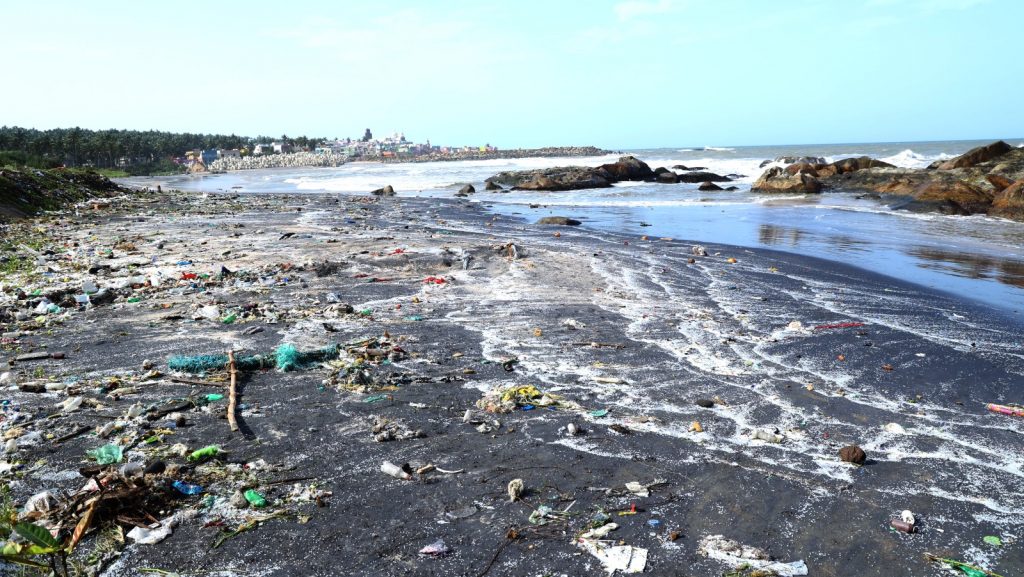Groups have been exploring possible measures that could be implemented by the International Maritime Organisation (IMO) that govern international maritime laws. Many were calling for the introduction of maritime policy that would classify nurdles as marine pollutants. In doing so, nurdles would be subject to more stringent measures when handled at sea which would significantly reduce the chances of loss to the environment.

Opportunity
In doing so, pellets would be subject to a number of measures that would significantly reduce the risk of future pollution incidents, including:
- Improved packaging to ensure nurdles are transported in tear resistant and marine resistant packaging.
- Safer stowage, ensuring that containers of nurdles would be stored below deck to prevent containers falling straight into the sea.
- Improved communication between ship operators and cargo owners ensuring ship crews are made aware nurdles are onboard and aware of the associated environmental harm they pose.
In addition to better handling of nurdles at sea, groups are also calling for well-equipped maritime contingency plans to combat possible nurdle spills at sea instantly.
This approach could have an immediate impact for the most direct route for marine pellet pollution and will set a precedent for other parts of the supply chain and wider plastic pollution action.
Challenge
While shipping disasters can be highly damaging locally, estimates suggest most losses of pellets occur on land.
Any action at sea shouldn’t distract from solving the pellet pollution problem across the full supply chain.
Current Activity
International rules are currently being negotiated at the IMO. In January 2025, the group deciding these rules agreed on the draft 2025 Action Plan to Address Marine Plastic Litter from Ships, which includes a dedicated action for the development of mandatory measures to reduce the environmental risks of plastic pellets transported by sea in freight containers. One of the options that was under consideration is to use the International Maritime Dangerous Goods (IMDG) Code for the regulation of the transport of plastic pellets by sea. Unfortunately, the UN panel rejected bids to classify plastic pellets as dangerous goods this earlier this year. More options for mandatory measures for plastic pellets will be discussed by the IMO groups at the next proposed meeting in February 2026.
See our resources below to help you lobby your government to support regulations to prevent sea-based sources of pellet pollution.
Actions
- Raise awareness of the problem by joining our directory.
- Lobby your government to support regulations to prevent sea-based sources of pellet pollution.

